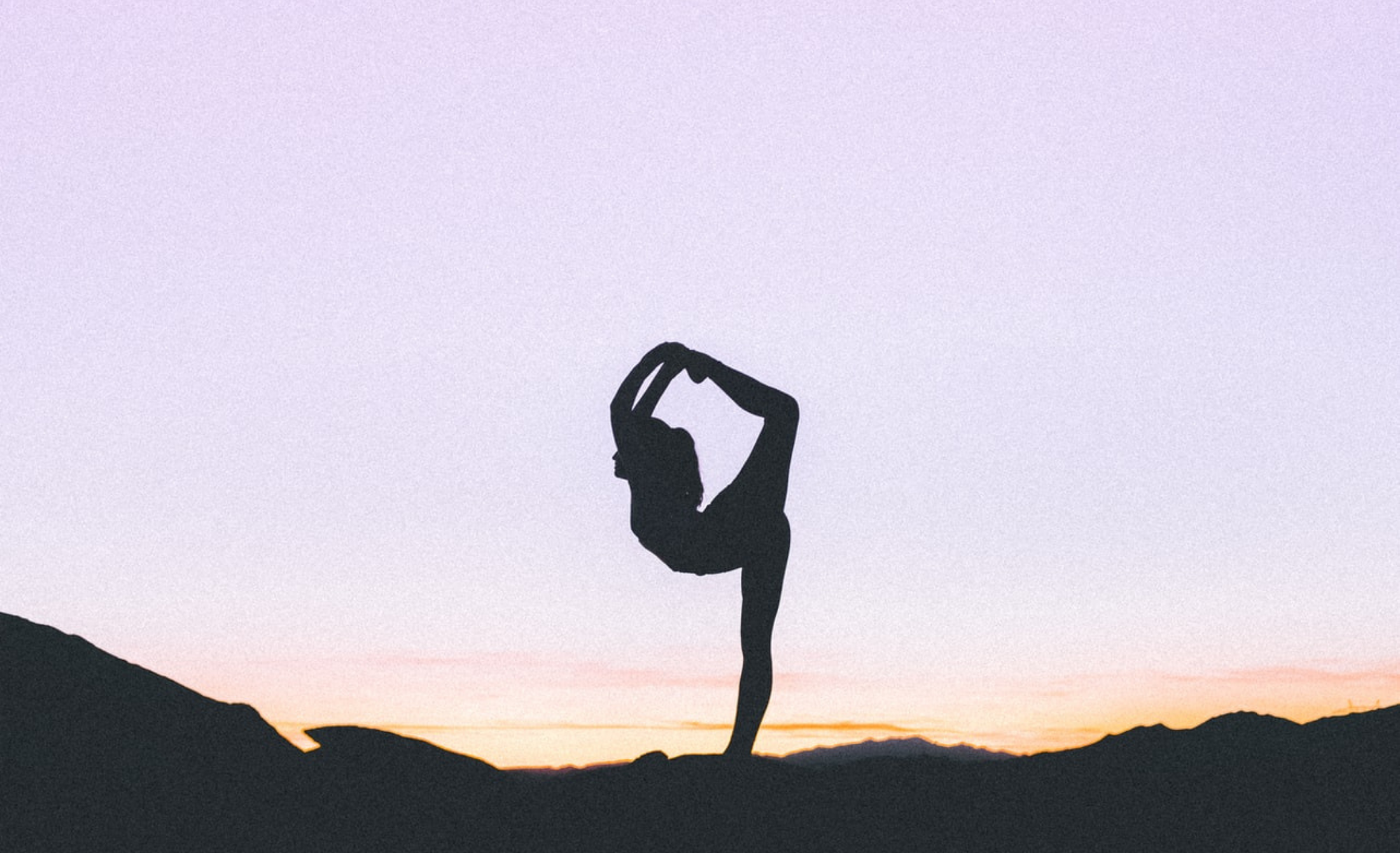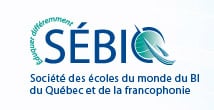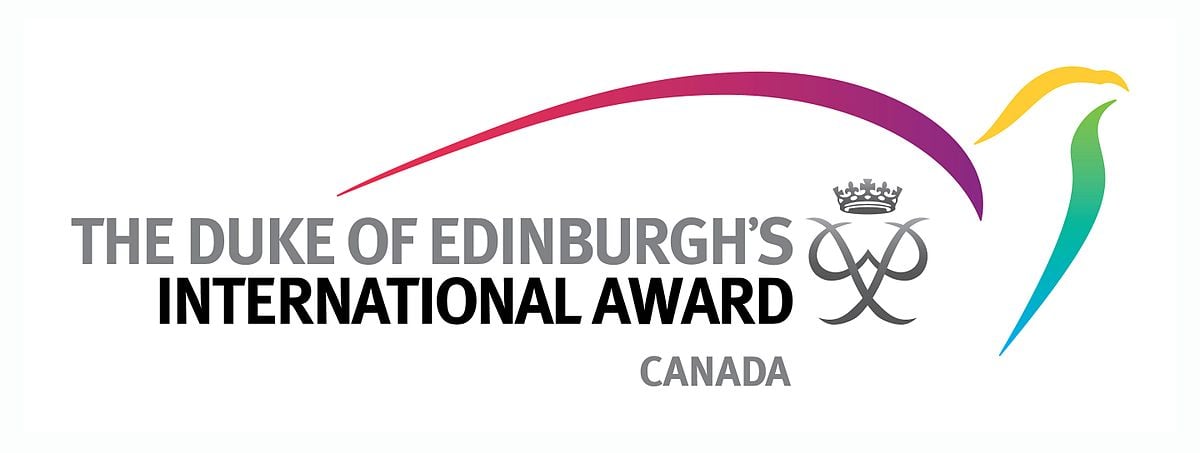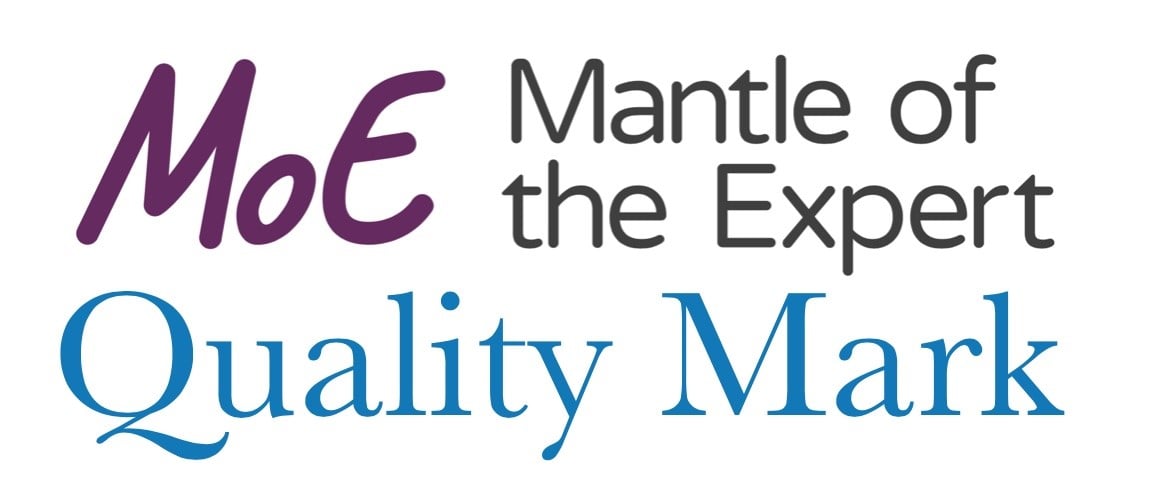There are a range of soft skills we have to work on if we want to lead happy lives in this age of pandemics and evolving status quos. Yet focusing on happiness and being the source of our own positivity takes effort and demands a great level of self-awareness. Ironic though it may seem, it can be hard to maintain a bright outlook 24/7.
A particular soft-skill students develop throughout their primary and secondary years that can help us all change our mindsets for the better, is flexibility, or equally, adaptability.
Why should we focus on developing this skill?
In international schools and the world over, the old routines and rituals that we long took for granted have been disrupted. We are currently unable to plan for the end of this year, never mind able to project plans and ideas for years down the line. One day, we’re mask-free, the next we’re walking around looking like the cast of a hospital drama. These days, circumstances change at the toss of a coin. So how can we best surf this wave of uncertainty?
Taking what comes, when it comes and opening ourselves up to change is key to navigating society as it is now and in the future. Of course, such an attitude is easier to write about than to put into practice. Yet it is vital that we do so, because the view we take on our lives will make the difference between falling behind and moving forward.
How can one become more flexible?
Adapting to changes of circumstance isn’t everyone’s natural reaction. Sometimes, we would rather dig our heels in than succumb to the changes that are being pressed upon us, even if resistance only makes things harder. Luckily, certain practices can help us to become more adaptable without demanding enormous effort.
- Try meditation
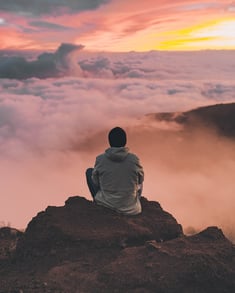
One exercise tried-and-tested by everyone from students to yogis to CEOs of multinational corporations is mindfulness, or meditation. What can this do for us? With regular practice, reaching a meditative state becomes easier, and the benefits eventually bleed into daily life. Meditation helps people become less reactive to potentially triggering situations, as they take time to assess their options rather than reach for their gut response.
These times are worrying for many, and meditation helps cope with and lessen feelings of anxiety or distress. It frees up space in the brain to consider the implications of change instead of worrying about them. Often, once the idea of it has sunk in, change can be quite positive.
- Be prepared for various scenarios
When trying to make plans, be prepared for your situation to change. For instance, the initial coronavirus confinement measures forced us at Haut-Lac International Bilingual School to plan a virtual graduation for our class of 2020, breaking 14 years of tradition. The rules were then changed again in the midst of our online preparations to allow large gatherings once more. Rather than be taken by surprise and unable to adapt, we rolled with the changes and ultimately hosted a very moving and beautiful graduation with all our graduates and their families present.
So make multiple plans and be amenable to change. It might just open your eyes to new ideas!
- Learn new skills and be spontaneous
A good way of practicing flexibility is by taking more risks and saying yes to new experiences. Someone who is open to growth and learning will always be in a better position than one who stays rooted in what they know.
Responding with energy to new opportunities and emerging from your comfort zone will only extend your list of assets and help you to confront the fear of the unknown – a very common concern at this point in time. We never know when the random knowledge and skills we pick up may come in useful, but professing an ardent willingness to grow is proof of flexibility and an open state of mind.
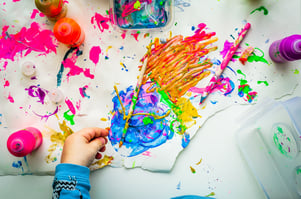
- When problem-solving, look for positives
Move out of set ideas! Anyone clinging to ‘what has always been’ will struggle in this post-covid society. Rather than fear the moment problems arrive, it is important to change your mindset, because being a victim will ultimately only ever hold you back.
At Haut-Lac, distance learning wasn’t easy for our students or staff, but it also highlighted a wealth of online resources we were unaware of before. We discovered so many new ways in which teaching and learning can be better adapted to 21st century life, and it is now up to us to harness and work on these findings. The same can go for any situation. It will always be easier to confront a big change if you can focus on its benefits, rather than its negatives.
Ultimately, the more we allow ourselves to be spontaneous, sometimes risk-takers and always flexible, the more we will be able to find our footing in this swimming pool of ever-changing depths. Employers, higher education institutions, schools… all will find time and energy for those who can prove their adaptability and willingness to grow. Time to get meditating?
Katie Harwood


